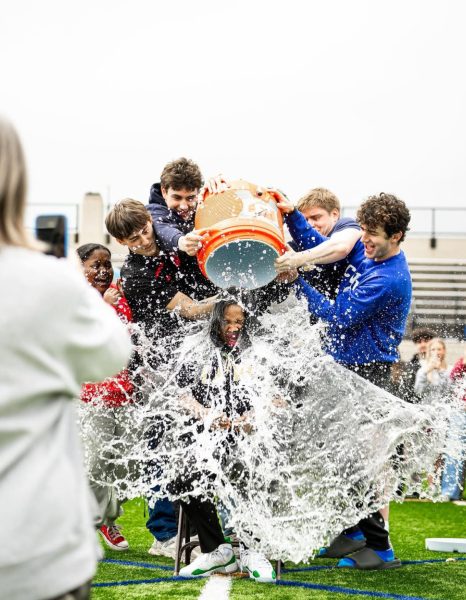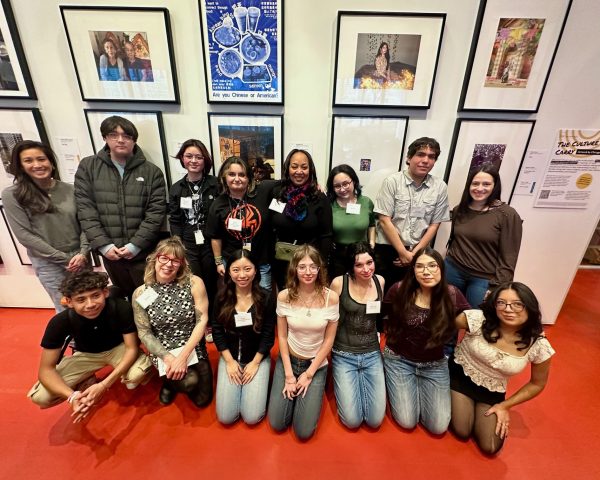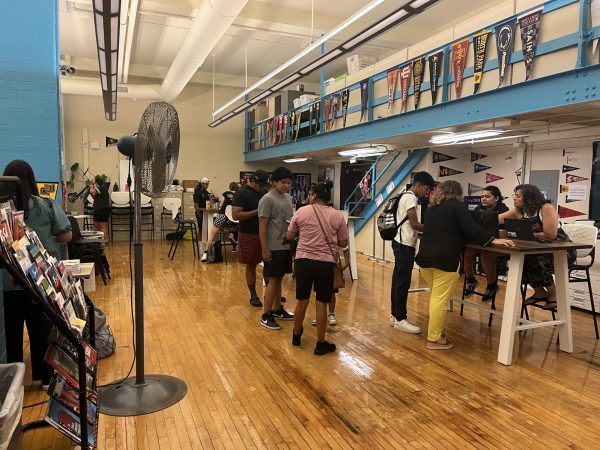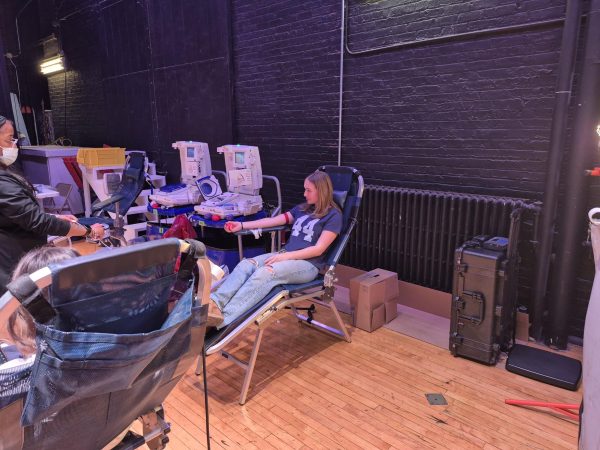Seniors answer the call of duty
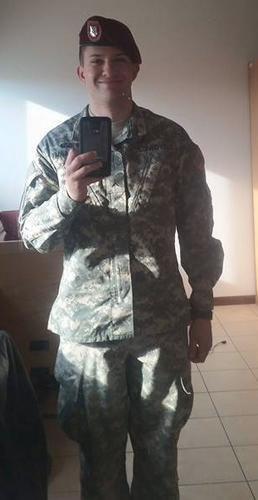
For most students, Senior year brings to mind the stresses of college and FAFSA, but for several seniors, their minds are filled with deployment dates, basic training, and which branch to join.
Every year at Lane, a handful of seniors choose to join the military after high school, while many of their friends go off to college. Every fall, representatives from The Army, Navy, Air Force, and Marines come to Lane in the hopes of recruiting the nation’s next soldiers.
The United States government offers several incentives for those who serve, including free college either during enlistment or after, assistance with loans, and free healthcare for life.
However, these benefits are not handouts, and the risks of being in the military can be devastating. With the United States still involved in the Middle East, and in new territories such as Ukraine, service men and women risk their safety every day. Along with physical injuries, mental trauma such as Post Traumatic Stress Disorder (PTSD) can affect soldiers returning from battle. According to the US Department of Veteran Affairs, approximately 11-20% of veterans who returned from the Iraq war experienced some level of PTSD.
Despite these risks, young men and women have been enlisting in the military after high school for decades. One of these veterans is social science teacher Michael DeRoss.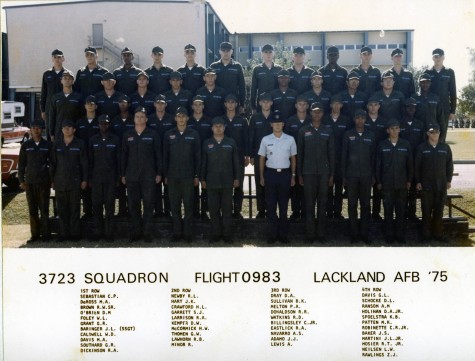
DeRoss served in the Air Force from 1975 to 1986. He was a part of the Air Postal Service and was stationed on several bases throughout the world from Alaska to South Korea. DeRoss enlisted when he was 18, immediately after graduating high school.
“I talked to an [Air Force] recruiter and said that I wanted to go to college, he said how ya gonna pay for it, I said well I got the first year figured out but after that, not so much. So I joined the airforce,” DeRoss said.
After leaving the military, and deciding that he wanted to be a teacher, DeRoss attended college in Illinois. Thanks to his military service, and help from the G.I. Bill, his tuition was paid in full by the U.S. Government.
The Servicemen’s Readjustment Act of 1944, or more commonly, the “G.I. Bill”, is a piece of legislation that has been helping veterans since World War Two. The Bill guarantees service men and women money for college tuition, lower home mortgages, lower interest loans, as well as several other benefits including free healthcare for life at any Military Hospital.
The G.I. Bill was drastically revamped in 2008 in response to 9/11, the Iraq war, and the Afghanistan war. The new “Post 9/11 G.I. Bill,” now supplies veterans with money for housing, full paid tuition of any state school, and up to $1000 for books.
Because of this, the amount of military personnel is up from 1,385,116 in 2001, to 1,468,364 in 2011. Several of these recruits are recent high school grads who look to benefit from the bill.
One such high school graduate is Lane Alum Harrison Jozefowicz. Jozefowicz is currently serving in the Army Rangers and joined in part because of the benefits of the Post 9/11 G.I. Bill.
Jozefowicz attended Lane from 2011 to 2014 and was actively involved in Lane’s Junior Reserve Officer Training Corps (JROTC). He graduated a year early, thanks to high school credit he earned during 7th and 8th grade at Taft High School’s Academic Center. Jozefowicz did not want to wait any longer to join the Rangers.
“Even if I do just four years, I still would get all the benefits. Free education, excellent health and life insurance, expense free living, money for every costly aspect of your life,” Jozefowicz said.
While most of these benefits could be achieved in as little as two years, Jozefowicz plans on making the military his primary career. He aims to serve over 20 years and retire from the Army with a pension that he would receive for the rest of his life, along with the health care coverage.
The Military also offers college tuition help through the National Guard. Future soldiers like Lane senior Jesus Martinez, Div. 575, are choosing this route for their education.
“It was kind of sudden for me. One week I’m thinking I’m gonna go to college then all of a sudden i found myself wanting to do a part in the military… it’s [The National Guard] the best of both worlds,” Martinez said.
Martinez plans on enlisting in the Army National Guard with a six year contract. During this time, the Army will pay for his tuition in full and in return, Martinez will have to report to an Army base a few days out of the month. However, if war was to break out, he would possibly face deployment into hostile territory.
Like Martinez, DeRoss believes in the values of the military. He is confident that the military shaped him into the man he is today.
“I think that the military helps anything that you do in civilian life,” DeRoss said, “…it helps you learn what’s important and what’s a bunch of BS, real quick.”
Your donations directly fund the Lane Tech student journalism program—covering essential costs like website hosting and technology not supported by our school or district. Your generosity empowers our student reporters to investigate, write, and publish impactful stories that matter to our school community.
This website is more than a publishing platform—it's an archive, a research tool, and a source of truth. Every dollar helps us preserve and grow this resource so future students can learn from and build on the work being done today.
Thank you for supporting the next generation of journalists at Lane Tech College Prep!

Patrick Reynolds is a photographer and online editor for The Warrior. He is interested in politics, being active (biking and running) and all things automotive...

